Advertisement
Plan your sleep cycles to feel well rested
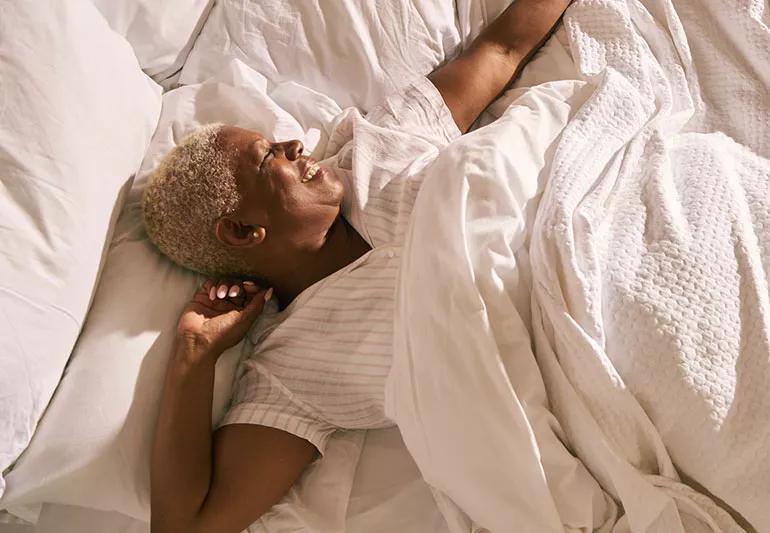
You know sleep is important. But clocking a full eight hours every night seems like a luxury. How much do you really need?
Advertisement
Cleveland Clinic is a non-profit academic medical center. Advertising on our site helps support our mission. We do not endorse non-Cleveland Clinic products or services. Policy
“Two of the main factors that determine the amount of sleep you need are genetics and age,” says Michelle Drerup, PsyD, a psychologist and sleep disorder specialist. Here’s how to find out if you’re hitting your target — or whether your bedtime needs a makeover.
Babies need a lot of sleep. As kids grow, their sleep needs decrease. “By adulthood, most healthy people need 7 to 8.5 hours,” Dr. Drerup says.
Here’s how much kids and adults need, on average according to the CDC:
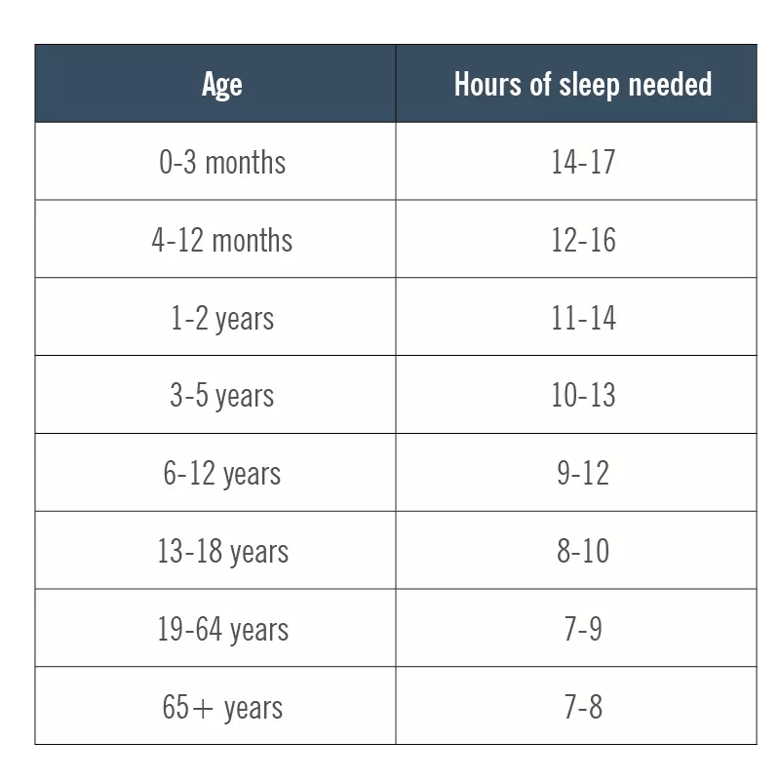
Shortchanging your sleep long-term can lead to a host of problems, including:
Advertisement
Though sleep needs vary depending on your genes, most adults fall in the seven-to-nine-hour range. If you think you thrive on less, you may want to reconsider.
“There are people who are short sleepers, but it’s pretty rare,” Dr. Drerup notes. “We’re not very good judges of how sleep loss affects us, and most people who think they do well on little sleep would probably function better with a little more.”
One common misconception is that older adults don’t need as much sleep as they did in middle age. Older adults should still aim for at least seven hours, Drerup says.
“Older adults have different sleep patterns. They tend to sleep more lightly and may wake earlier in the morning,” she says. “But you still need the same amount of sleep over 24 hours, so if you’re sleeping less at night, you might need a nap during the day.”
What’s the magic number of hours you should be sleeping? Dr. Drerup offers two strategies for finding out how rested you really are.
An average sleep cycle lasts about 90 minutes. Ideally, you want to get five or six of those cycles each night to feel fresh and rested.
You might not have a lot of choice about what time the alarm clock rings in the morning. But you may be able to tweak your bedtime. Figure out how many hours you want to be slumbering, then add on an extra 15 minutes to give yourself time to fall asleep. For example:
Here are some targets for getting seven or eight hours of sleep.
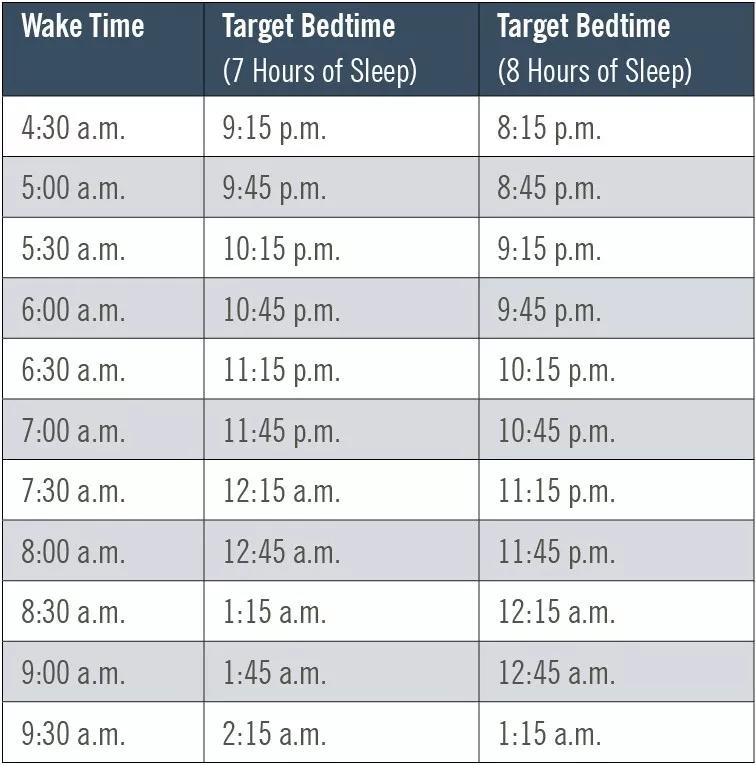
Dr. Drerup offers these tips for sleep success:
When you’re feeling regularly well-rested and bright-eyed after a solid night’s sleep, you’ll wonder why you ever tried to get by with less.
Advertisement
Learn more about our editorial process.
Advertisement

Sleeping with separate blankets can help you get the ZZZs you need — without fighting for covers all night

Stress, weight gain and forgetfulness are just a few effects of losing sleep

Stress, alcohol, sleep apnea and (you guessed it!) scary movies are a few common causes of bad dreams

Recording your dreams may help you become more mindful, understand your thought patterns, process your emotions and even reduce your stress

Chamomile, lavender and valerian root teas may offer a faster route to dreamland
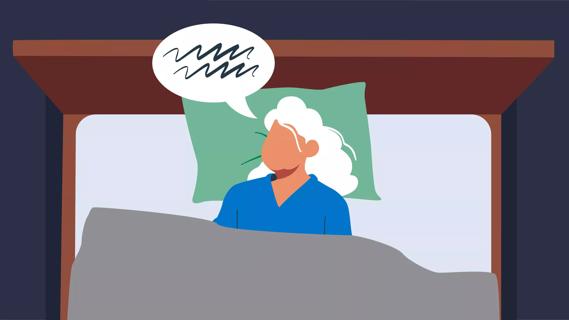
Many factors can contribute to sleep talking, like stress or anxiety, lack of or low-quality sleep, or even more serious sleep-related conditions
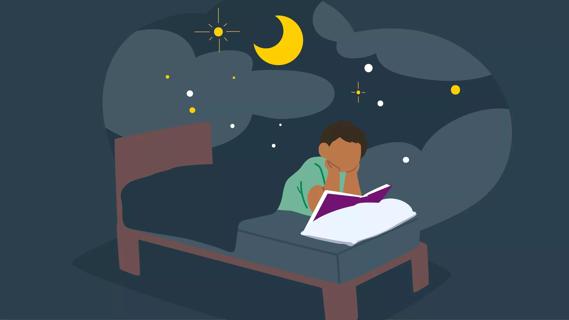
A consistent, structured routine, which may include incentives, can help children learn to stay in bed and get the ZZZs they need
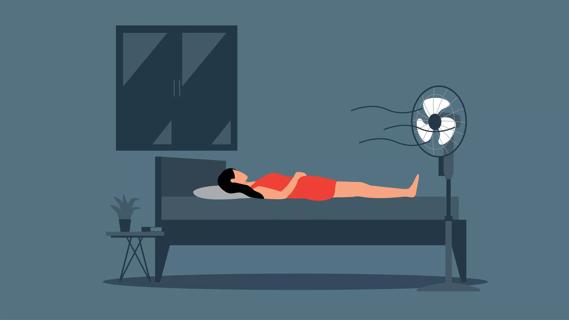
Getting to the root cause of night sweats — like menopause, medication side effects, stress or anxiety — can help you manage them

Focus on your body’s metabolic set point by eating healthy foods, making exercise a part of your routine and reducing stress

PFAS chemicals may make life easier — but they aren’t always so easy on the human body

While there’s little risk in trying this hair care treatment, there isn’t much science to back up the claims